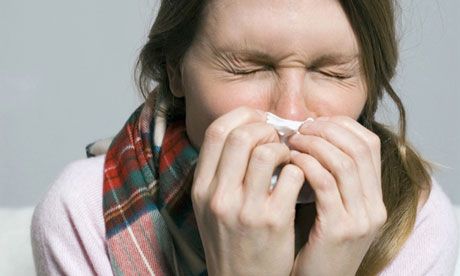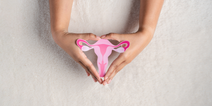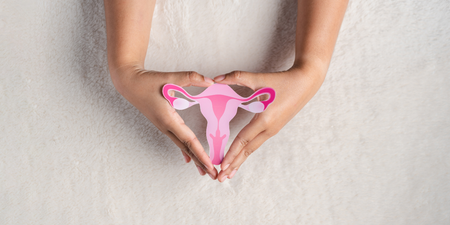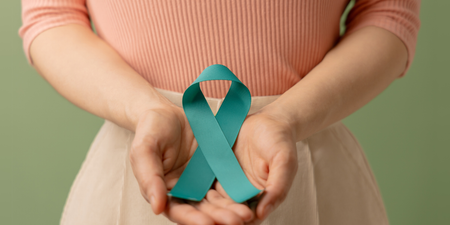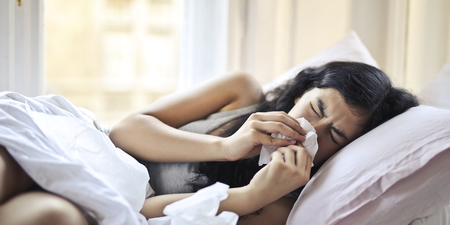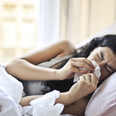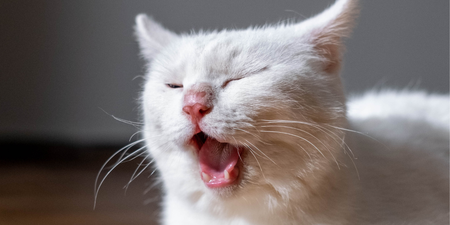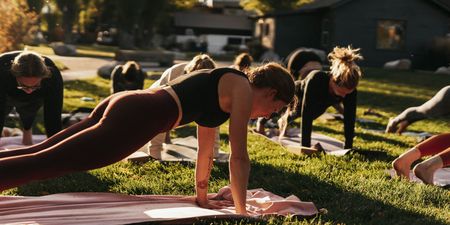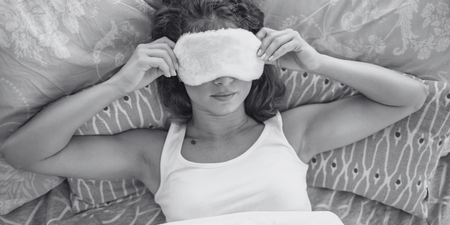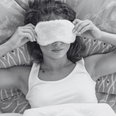It’s the time of year where our eyes are watering and we’re sneezing between sentences. With each summer season comes the on-set of hay fever, scratchy throats and general discomfort.
Hay fever is simply a severe allergic reaction to grass pollen, and people find they are affected by wind-borne pollen. It is estimated that there are 470,000 sufferers of hay fever in Ireland
So what symptoms are associated with hay fever?
The symptoms of hay fever can vary depending on the pollen count (how much pollen is in the air) or side conditions of the sufferer, i.e. if they are asthmatic, they may have difficulty breathing.
The most common symptoms of hay fever are:
- watery eyes
- runny nose
- sneezing
- coughing
- headaches
- shortness of breath
How can you treat hay fever?
Although there is no cure for hay fever, there are a number of treatments you can take. These can include antihistamines and decongestants, or for more severe cases prescription medications such as steroids.
As everyone suffers from hay fever differently, it is advisable to talk to your pharmacist who can recommend the best treatment options or medication for your symptoms.
Asthma patients should also ensure they carry their inhaler at all times and use it as prescribed, or increase the dosage for preventative inhalers if you feel an attack coming on.
For severe cases of hay fever, book an appointment with your GP to discuss treatment options further and to check for underlying conditions that could be aggravated by the seasonal change.
Tips for handling your hay fever:
Although hay fever can be irritating your health, there are some tips you can use to ease the effects of your symptoms. These include:
Identify your allergens and triggers and take measures to avoid them
- Take effective medication early. Check with your pharmacist that you are taking medication to help your specific symptoms.
- Check the pollen forecast. There are daily updates available on asthma.ie or download the Asthma Coach app for iPhone.
- Keep doors and windows closed especially during mid-morning and late afternoon to early evening, as this is when the pollen count is usually at its highest.
- Splash your eyes with cold water regularly to help flush out pollen and help soothe and cool your eyes.
- Wear wraparound sunglasses to stop pollen getting into your eyes.
- Smear Vaseline inside your nose. This can help to stop pollen and spores from settling on the lining of your nose.
- Vacuum regularly using a vacuum cleaner to remove additional irritants like dust or pollen that may have settled in carpets.
